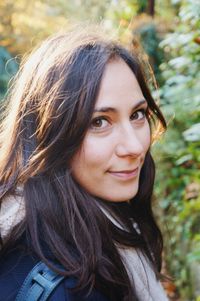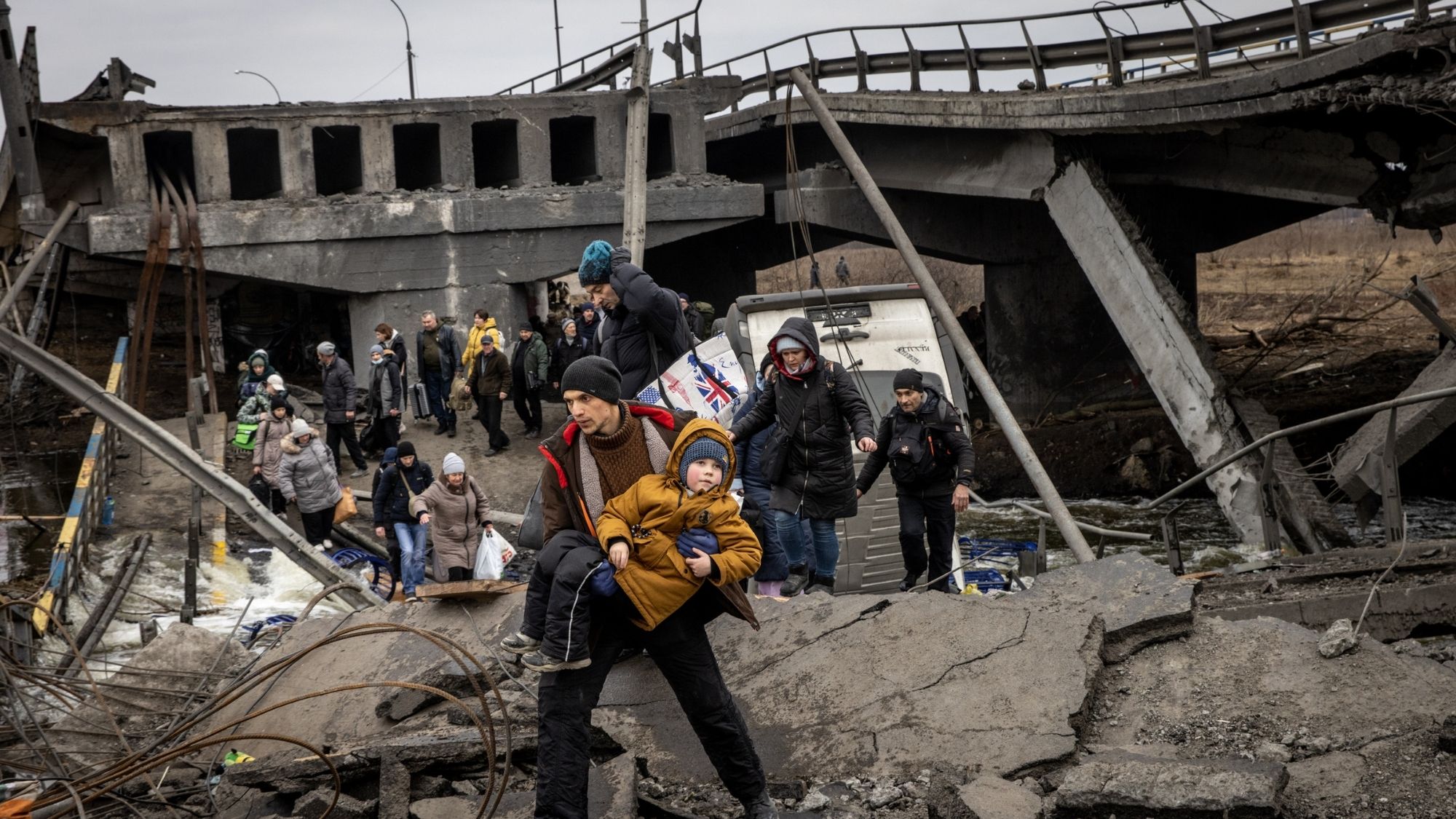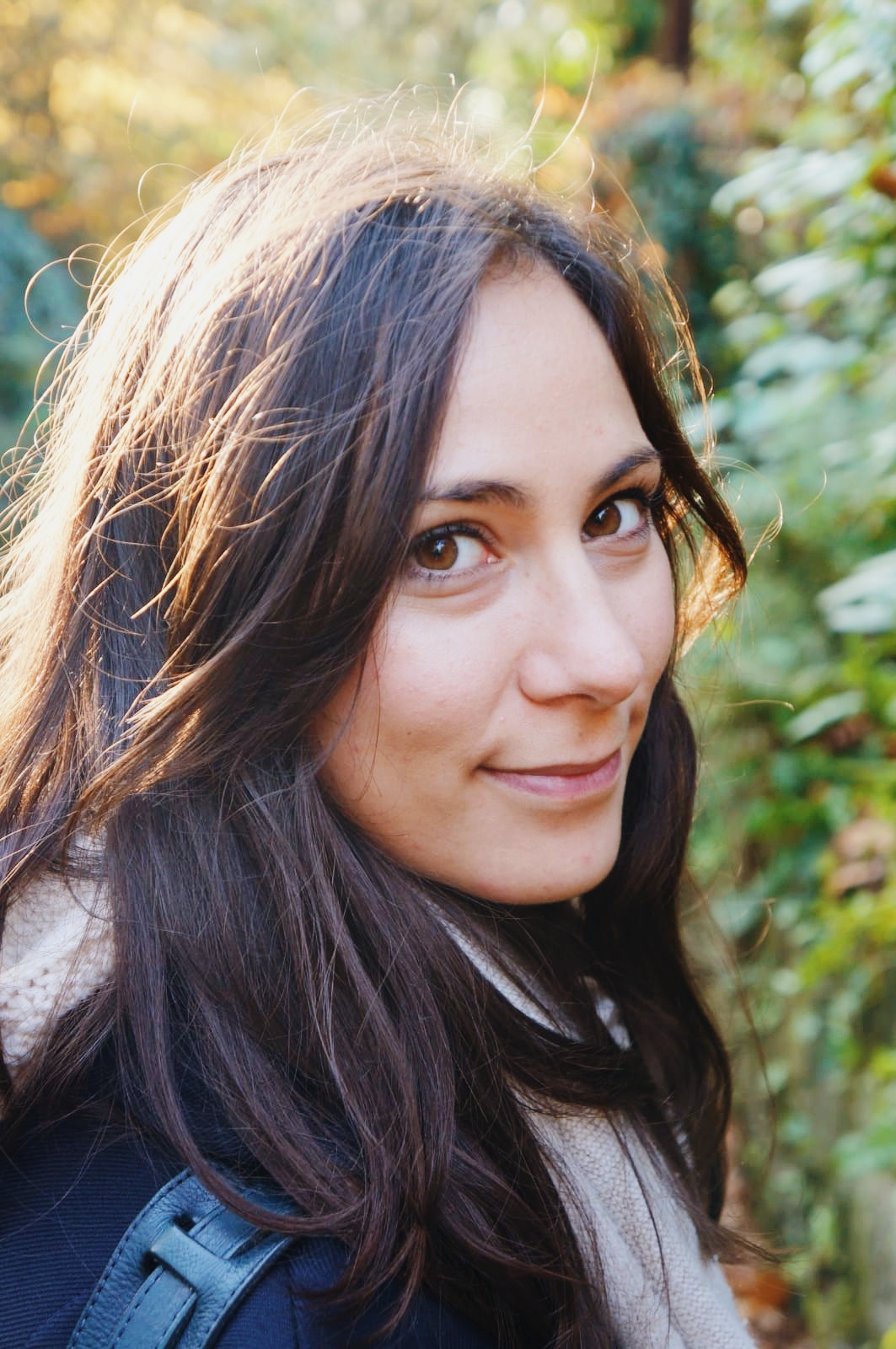Surgeons in the UK have been training doctors in the Ukraine via video
"I hope to God you will not need to apply this knowledge but it is always best to be prepared for the worst," said one of the leading UK surgeons.


Celebrity news, beauty, fashion advice, and fascinating features, delivered straight to your inbox!
You are now subscribed
Your newsletter sign-up was successful
"I hope to God you will not need to apply this knowledge but it is always best to be prepared for the worst," said one of the leading UK surgeons.
As the conflict in the Ukraine intensified over the weekend, renowned UK surgeons were busy delivering a crash course to doctors on the ground.
General and vascular surgeon David Nott - described as knowing " more about war surgery than perhaps anyone on earth"- worked alongside neurosurgeon Henry Marsh to deliver 12 hours of conflict surgery teaching via video call.
He told the BBC of how he was trying to cram 30 years of experience working in war zones around the world into those 12 hours: "I've been there, I've been cowering when bombs have been coming in, I've been working in underground hospitals. I know what it's like and I know what they'll be facing."
Whilst the teaching was under way inside a conference room in west London, hundreds of doctors working in Ukraine took notes as they sheltered against the conflict and sirens rang out.
"I hope to God you will not need to apply this knowledge but it is always best to be prepared for the worst," said Marsh addressing the doctors thousands of miles away.
He described his feelings of horror and disgust at what was happening in the country, telling BBC reporter, Jonny Dymond: "I'm afraid all the information he's [Nott] going to share with them over the course of a day is probably going to become horribly relevant. It already is in towns like Mariupol which has been shelled to bits."
Celebrity news, beauty, fashion advice, and fascinating features, delivered straight to your inbox!
Both Marsh and Nott spoke of how they wanted to do their bit, even if they couldn't join the medical teams on the ground. "It's the only way we can do it at the moment. We can't go in and we can't go there and operate with them," said Nott, stating that he hoped the internet connection would hold out for the course.
While the doctors being taught in the Ukraine already have some knowledge of trauma and conflict surgery, it's not something they previously would have had to put into practice. "War surgery is something completely different, because you need to have a mindset about war," explains Nott.
One of the doctors taking part in the course in a northern suburb of Kyiv, Dr Yuriy Samonenko, told Dymond of his sadness and fear. "Most of these things I know but those pictures are frightening me," he said of the graphic details contained in how to deal with gunshot wounds and blast injuries.
"It's a disaster. I cannot describe my feelings about it. I'm very sad about it because all of these people will have to suffer and die for nothing."
There have also been attacks on Ukrainian healthcare facilities, according to the World Health Organization. Such attacks, they say are "violations of international humanitarian law".
Amy Sedghi is a freelance journalist, specialising in health and fitness, travel, beauty, sustainability and cycling.
Having started her career in The Guardian newsroom working with an award-winning team, Amy's proud to have reported on a variety of topics, speaking to a range of voices and travelling far and wide to do so. From interviews on ski lifts to writing up breaking stories outside courtrooms, Amy is used to reporting from a range of locations (she’s even been known to type up a story in a tent).
She also loves being active, spending time outdoors and travelling - with some of her favourite features she’s worked on combining all three. Cycling and eating her way round the Isle of Man, learning to sail on the Côte d'Azur and traversing the Caminito del Rey path in Spain are just some of her highlights.
Covering a diverse range of subjects appeals to Amy. One minute she may be writing about her online styling session with Katie Holmes’ stylist and the next she’s transporting readers to the basketball courts of Haringey where she joined a group trying to lower knife crime in the capital.
While at university, Amy was awarded The Media Society bursary. Following her stint at the Guardian, Amy worked at Google and as well as writing for Marie Claire, she regularly contributes interviews, features and articles to National Geographic Traveller, The Guardian, The Independent, The Telegraph, Stylist, Refinery29, Glorious Sport, Cycling Weekly and Rouleur.
When she’s not writing, Amy can be found trying to get through her towering stack of books-to-read, cycling down at Herne Hill Velodrome or looking for the next place to eat and drink with friends.
